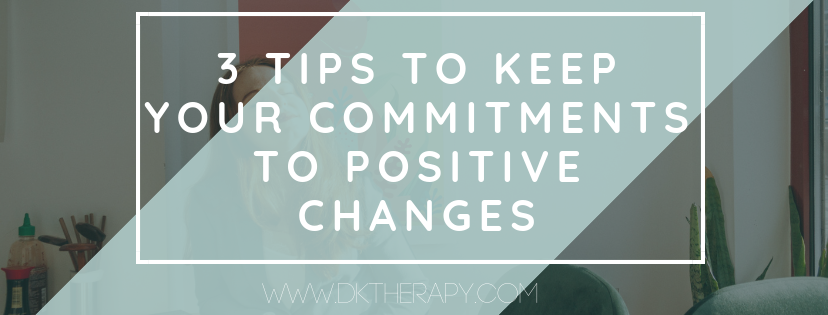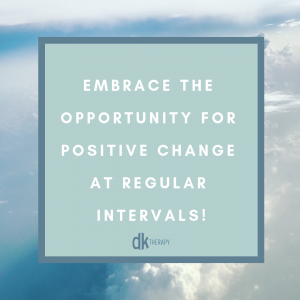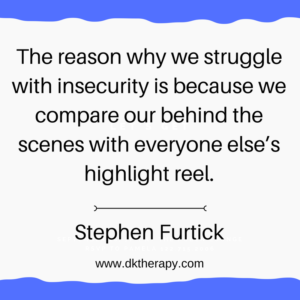I hear these comments fairly often in my practice: “I’m not good at dating,” “I never know what to say” or “I can’t get past a 2nd or third date.” I also hear from my couples that their date nights are “boring” or “lacking connection.” Dating isn’t so much about what you say, but more about how you listen. Like Dale Carnegie wrote about in his classic book, How to Win Friends and Influence People, focus on being interested, not interesting. Although this advice was more about being a good salesmen, it can be applied to any relationship you have in your life. Everyone genuinely wants to feel understood and appreciated and nothing makes a person feel more understood than sincerely listening to him or her. If you keep this in mind, it can take some of the pressure off of you to feel like you need to have a bunch of interesting things going on in your life to share with the other person.
Based on John Gottman’s decades of observing people, here are 4 tips on how to have a great date, whether it’s a first date, 10th date, or a date with the spouse you’ve been with for 10 years!
Tip #1 Ask open-ended questions
There is a fine balance between asking a question that is too open such as “What’s up?” or “How’s it going?” People tend to give one word responses to those questions, possibly because they aren’t sure you want to know the full answer. Instead ask questions that are still open but more directed, such as “How has your summer been going? Have any plans for vacations?” It might be a good idea to ask questions about goals or visions of the future. This will allow you to get to know the person’s aspirations and dreams. Be careful to watch your audience and gage if your questions are uncomfortable for the person and find the right level of disclosure.
“How’s your summer going? Have any vacation plans?”
“If you could have a job in another field, what type of job would you want to have?”
Tip #2 Listen to the person’s answers and find commonalities
As you ask open-ended questions, listen to the person’s answers and share something you have in common with what they are saying. People are more attracted to people who can relate to them and to those people with whom they share common ground. After you share a bit about yourself put the conversation back to them. Share enough to establish commonality and then ask a follow-up question to what they said earlier.
“Oh, you’re a teacher? My roommate is a teacher. He’s getting pretty stressed thinking about this upcoming school year. What do you do to prepare for the beginning of the school year? Maybe I could give him some tips from you.”
If your date had said he or she had returned from a vacation in California, a follow-up might be: “I love California, it’s such a diverse state, something for everyone! When I went there a few years ago we saw the Redwoods, I remember they were so tall and majestic. What did you see when you went there?”
Tip #3 Paraphrase what the person said and show non-verbally that you are listening
If you paraphrase what the person said, it shows them that you are listening. This is also helpful when asking questions or when mentioning a commonality.
“You seem to really love your job! How did you know you wanted to be a veterinarian?”
“You used to live in Lincoln Square? I love that neighborhood and spend a lot of time there! Have any gotta-go to places?”
Another helpful thing to do that shows people you are listening is to nod briefly or respond with a verbal cue “uh huh, yeah?, hmm.”
Tip #4 Let go of your own agenda
Try not to focus so much on the outcome of the conversation. It’s hard to focus on listening when you are trying to come up with your next interesting question to ask the person. Instead, focus on what the other person is saying in that moment and ask follow-up questions to further your understanding of what they are saying. Look for those emotional cues where you can empathize with what they are saying.
Above all, just listen to the other person with your full attention. Your ability to draw people out with a general curiosity about them will go further than if you were the most interesting person in the world.












